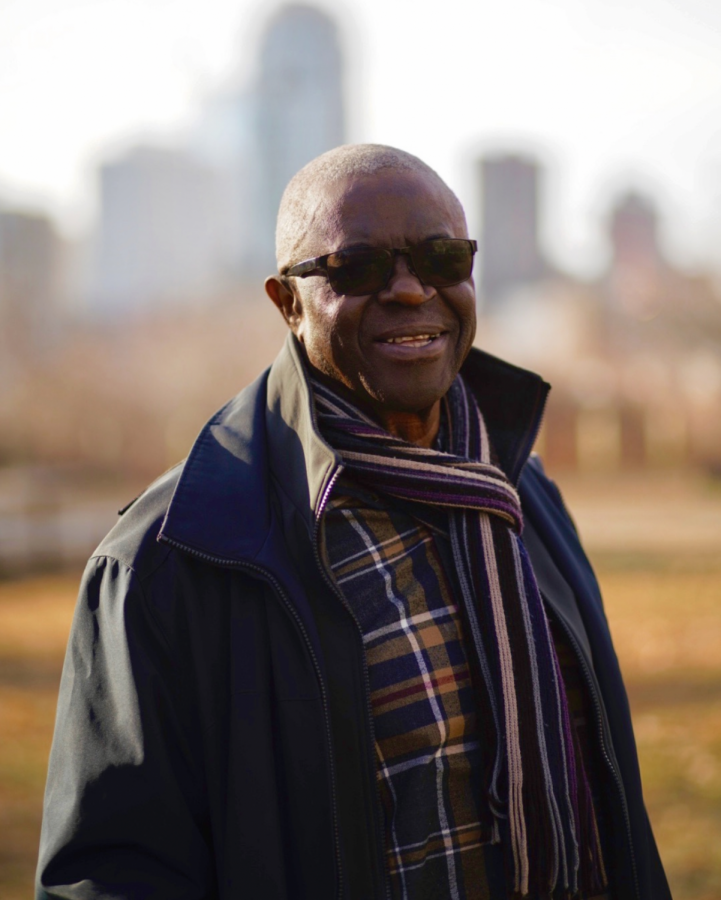On June 12, 2000, a concerned neighbor called the Minneapolis Police Department regarding an alleged mental health crisis. The call was about Barbara Schneider, who had struggled most of her life with severe mental illness. The police entered Schneider’s home and, in an altercation, they shot and killed her.
Following her death, Minneapolis mental health professionals and law enforcement searched for solutions to avoid further altercations.
The Barbara Schneider Foundation (BSF) was created in February 2002 with the goal of facilitating mental health crisis de-escalation training. The trainings are intended for law enforcement, health care workers, educators and community members.
On Dec. 4 and 11, the BSF will be hosting a free two-day training for community members in Ward 2 at Brackett Park from 10 a.m. to 1 p.m. each day.
Ward 2 City Council member Cam Gordon said the Office of Violence Prevention recommended hosting the free trainings for Ward 2 residents.
“There’s been a lot of conversations about alternatives to police and how do you respond to different situations,” Gordon said. “People have asked, ‘Is there stuff that we can do to help in situations?’”
He said conversations around ballot question two, which would have changed the structure of MPD, inspired the partnership with BSF.
“Most crises are dealt with without police or professional involvement,” BSF Executive Director Mark Anderson said. “It’s dealt with in the home, in the family, out in the street and in the neighborhood, but people don’t have the training to understand how you could best bring calm to a crisis situation.”
Anderson said the training focuses on teaching people to listen.
“When you’re listening, you’re gaining information about what happened, what’s causing this person to feel that there’s a crisis occurring,” Anderson said. “You’re also demonstrating to that person that you’re valuing their point of view … that’s how you gain trust.”
Samantha Anders, a counseling psychology professor at the University of Minnesota, said de-escalation strategies are built around the idea of trust.
“Most people want to be understood by someone, and when we are, we feel better,” Anders said.
Anders said that de-escalation techniques are applicable for mental health crises and ordinary situations. In the trainings, BSF actors demonstrate different mental illnesses and participants practice de-escalation techniques with them.
Dominic Kanaventi has been an actor with BSF since 2009. Kanaventi said the actors are given a script to study the symptoms and reactions of different mental illnesses.
“It’s very good training to help people understand that it’s all about crisis intervention,” Kanaventi said.
Council member Gordon said he will attend the trainings. Participants can register by emailing Cam Gordon or Nancy Olsen.



















